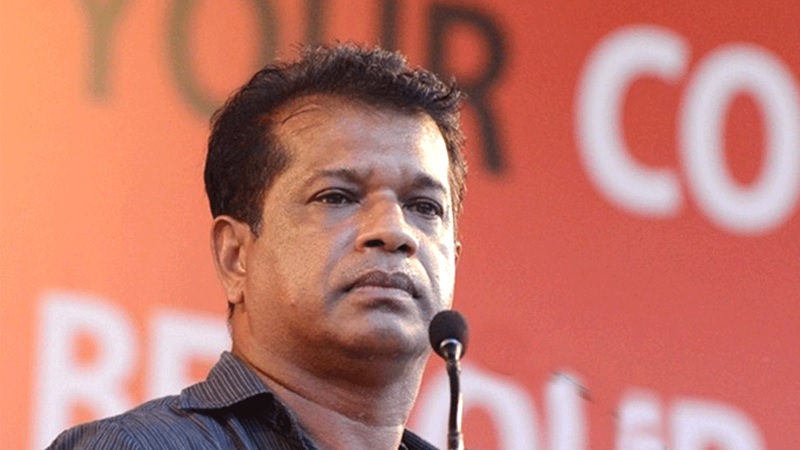Government Sets Minimum Purchasing Price for Paddy: Farmers’ Expectations and Concerns

In a significant move aimed at supporting local farmers, the government has officially announced the Minimum Purchasing Price (MPP) for various paddy varieties. This decision comes into effect tomorrow, as confirmed by Agriculture Minister K.D. Lal Kantha earlier today. Under the new policy, the Paddy Marketing Board will purchase paddy at the following rates per kilogram: Rs.120 for Dried Nadu rice, Rs.125 for Samba, and Rs.132 for Keeri Samba.
The announcement of the MPP has come as a relief to farmers who have been grappling with falling prices for their crops in recent months. Farmers had raised their concerns over delayed price announcements, fearing that the lack of a government-backed minimum price would allow rice millers to exploit the situation. The criticism was particularly sharp in light of claims that farmers were being forced to sell their harvests at significantly lower prices than expected, with some reporting prices well below Rs.100 per kilogram.
Background: A Long-Awaited Decision
The decision to set an MPP for paddy was long anticipated, as the agricultural sector faced mounting pressure from various farming communities across the country. In recent weeks, the government was under fire for its delay in announcing the MPP, leading to unrest among farmers. They expressed frustration, arguing that the uncertainty in pricing had left them vulnerable to the fluctuating market forces controlled by rice millers and traders.
This lack of clarity has had a direct impact on the livelihoods of thousands of farmers, many of whom rely on paddy cultivation as their primary source of income. With harvest season in full swing, these farmers were forced to negotiate prices with millers who, some argued, took advantage of the farmers’ desperation to offload their paddy quickly.
Farmers’ Expectations
Given the backdrop of price volatility and economic hardship, the new MPP rates have generated mixed reactions. On the one hand, the rates are seen as a much-needed support mechanism, ensuring that farmers receive a fair price for their hard work. The set prices for Dried Nadu, Samba, and Keeri Samba offer a predictable minimum income for farmers, providing a safety net in case market prices fall below these thresholds.
However, many farmers were hoping for a slightly higher price to make up for the increased costs of production, such as rising labor, input, and transportation costs. Several farmer associations had previously pushed for the MPP to be set higher, arguing that the rates should better reflect inflation and the true value of the paddy. Some farmers also expressed disappointment that the government’s announcement came so late in the season, leaving them with little time to adjust their selling strategies.
Addressing the Root Issues
While the announcement of the MPP is a welcome relief, experts argue that the government’s intervention must go beyond just setting prices. Many believe that a more sustainable solution lies in addressing the structural issues within the agriculture sector, such as the over-reliance on rice millers and traders for price determination.
Farmers have also called for improvements in the efficiency and transparency of the Paddy Marketing Board’s procurement system. There is a growing demand for better infrastructure, including storage facilities and transportation networks, to ensure that farmers are not forced to sell at a loss due to logistical hurdles.







